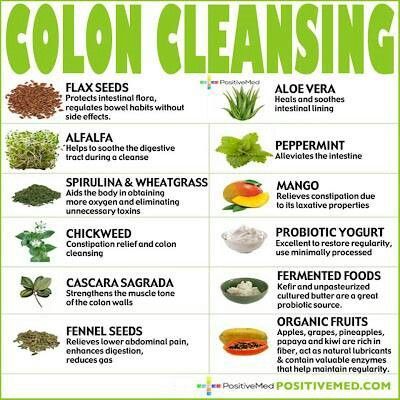
The Art of Cleansing the Intestines: A Guide to Drinking Castor Oil
Maintaining a healthy digestive system is crucial for overall well-being. One natural method that has gained popularity for its potential cleansing effects on the intestines is drinking castor oil. Castor oil has been used for centuries as a traditional remedy for various ailments, including constipation and digestive issues. In this article, we will explore the benefits of castor oil for intestinal cleansing and provide a step-by-step guide on how to drink it safely and effectively.
Understanding Castor Oil:
Castor oil is derived from the seeds of the castor plant (Ricinus communis). It is rich in ricinoleic acid, which is a potent anti-inflammatory and antimicrobial compound. When ingested, castor oil works as a stimulant laxative, promoting bowel movements and encouraging the elimination of waste from the intestines.
Benefits of Intestinal Cleansing:
Regular cleansing of the intestines can offer several benefits to your digestive health. It helps remove accumulated toxins, excess waste, and hardened fecal matter, which can contribute to issues like constipation, bloating, and discomfort. By cleansing the intestines, you may experience improved digestion, increased energy levels, and enhanced nutrient absorption.
Drinking Castor Oil for Intestinal Cleansing:
Before beginning any cleansing regimen, it is essential to consult with your healthcare provider, especially if you have underlying health conditions or are taking medications. Here is a step-by-step guide on how to drink castor oil safely and effectively:
Choose high-quality castor oil: Look for cold-pressed, organic castor oil from a reputable source. Avoid using castor oil meant for external use.
Prepare for the cleanse: Pick a day when you can relax at home, as castor oil can induce bowel movements within a few hours. It is advisable to start the cleanse in the morning or when you have a free day ahead.
Measure the appropriate dosage: Follow the recommended dosage instructions provided with the castor oil. Typically, a tablespoon (15 mL) is a common starting point, but individual tolerance may vary.
Mix with a palatable beverage: Castor oil has a distinctive taste, which many find unpleasant. To mask the flavor, mix the measured dose with a small amount of a flavored juice, herbal tea, or ginger-infused water.
Consume the mixture: Drink the castor oil mixture in one go, ensuring you swallow it all. It's recommended to take small sips and not rush the process.
Hydrate and rest: After consuming the castor oil, drink plenty of water to stay hydrated. Rest and allow your body to process the oil. You may experience bowel movements within a few hours to several hours after ingestion.
Follow a light diet: During the cleansing process, opt for light, easily digestible foods such as soups, broths, and steamed vegetables. Avoid heavy meals and processed foods.
Observe your body's response: Pay attention to any changes in bowel movements, as well as how you feel overall. It is normal to experience increased frequency and loose stools during the cleansing process.
Repeat as necessary: The frequency of castor oil cleanses depends on individual needs and preferences. Some people find it beneficial to perform a cleanse once every few months, while others may choose to do it more frequently. Always listen to your body and consult a healthcare professional for guidance.
Drinking castor oil for intestinal cleansing can be an effective way to promote digestive health and alleviate constipation. However, it is essential to approach this practice with caution and consult your healthcare provider beforehand.